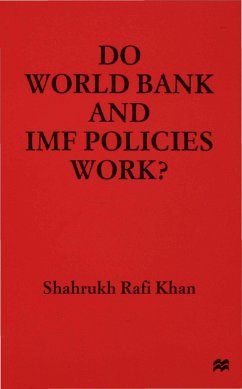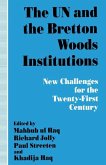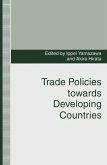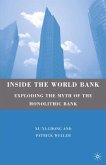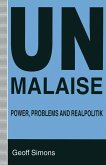The term 'structural adjustment' has been associated with rioting as angry and hungry masses protest food price increases due to subsidy cuts or due to other structural adjustment conditions prescribed by the IMF and the World Bank. Structural adjustment, and the neo-liberal paradigm that underlies it, is now the dominant economics paradigm practised by developing countries. The main purpose of the book is to rely on evidence and to go beyond rhetoric, ideology and anecdotes in assessing structural adjustment in Pakistan and the developing world more generally to examine how reform can be combined with pragmatism and social justice.
'This book presents a timely analysis, at once empirical, comprehensive and balanced, of the impact of structural adjustment policies in Pakistan. It is very important as the juggernaut of structural adjustment rolls across lagging countries, that we keep improving our empirical understanding of what this is doing to economic growth, industrialization, indigenous capital formation, and human development. Dr. Khan's volume will serve as an indispensable resource for all students of the Pakistani economy.' - M.Shahid Alam, Professor of Economics, Department of Economics, Northeastern University, Boston

